A year into Russia's war in Ukraine, the EU and the US continue to stress that they stand with Ukraine and condemn Russia's military aggression. United with Washington in supporting Kiev, European leaders are supplying Ukraine with arms. So far, 3,6 billion euro were mobilized under the European Peace Facility. On top of this, there is military training for the Ukrainian armed forces. In total, EU military support for Ukraine - provided by the European Peace Facility and the Member States directly - amounts to approximately 12 billion euros, the European Newsroom (enr) platform says in its key story published on Friday.
Besides, the EU has sought to weaken Russia's economy with harsh sanctions. In the aftermath of the start of the military operation in Ukraine, the Russian economy seemed on the brink of collapse, crushed by unprecedented Western sanctions: The stock market closed for a month, the ruble exchange rate plummeted and there was the specter of an 8-percent drop in GDP and inflation at 20 percent. Twelve months later, it is clear that Moscow has been hit but has not been brought to its knees or isolated from the world, relying especially on a very strong increase in oil and gas revenues. Although, points out UCLA economist Oleg Itskhoki, as energy prices fall, 'the crisis could take its full toll in 2023.'
Humanitarian and financial support
In addition to military aid, the EU and most its members have provided extensive financial and humanitarian aid, constantly emphasizing that Ukraine can count on the EU's support as long as it is needed. Furthermore, for the first time in the history of the EU, the Temporary Protection Directive was unanimously adopted by all EU countries, granting beneficiaries residence rights and access to housing, schools, health care and jobs. So far, around 4 million persons fleeing Ukraine have registered for temporary protection, told Agerpres.
New world order?
Russia's invasion of its neighbor has upended parts of the world order and led to a forming of blocs not seen since the Cold War. The war has intensified conflicts and confrontations, as well as the pre-existing global tendency for countries to form blocs centered around either Washington or Beijing.
'We've shifted into a disordered multipolar world where everything is a weapon: energy, data, infrastructure, migration,' said EU foreign policy chief Josep Borrell in December. 'Geopolitics is the vital word, everything is geopolitics,' he added.
Central Asia, the Caucasus, the Balkans, Africa and the Asia-Pacific region have been arenas of competition for influence between powers like China, the EU, Russia and Turkey - be it through financing infrastructure projects or by striking deals on trade, military or diplomatic cooperation.
The war on Ukraine has further shaken things up, weakening Russia's grip on former Soviet republics in Central Asia and opening a new role for Turkey as a mediator.
'This reorganization is real, but probably temporary,' said Pierre Razoux, head of France-based think-tank FMES. 'Inevitably, the end of the war will leave Russia and Europe weakened and worn down, while the two big winners from this situation will be the US and China,' he added.
Real and potential challenges
Although the end of the war is not yet in sight, Russian President Vladimir Putin apparently misjudged Ukraine's spirit of resistance and counted on breaking the unity within the European Union and NATO. So far, the EU, with some concessions to Hungary's Prime Minister Viktor Orbán, who refuses to send weapons to Ukraine, has still managed to preserve unity and vote in sanctions.
Regarding the dependence of a large number of EU members on Russian gas and oil, almost all of the countries found alternative sources of energy, albeit at significantly higher prices, which aggravate inflation.
The Western stance towards Russia would be complicated if China decided to grant Russia military support. This would put Ukraine in a much more difficult position. The United States and the EU have openly warned Beijing not to do so.
The content of this article is based on news by news agencies participating in the European Newsroom (enr) project.

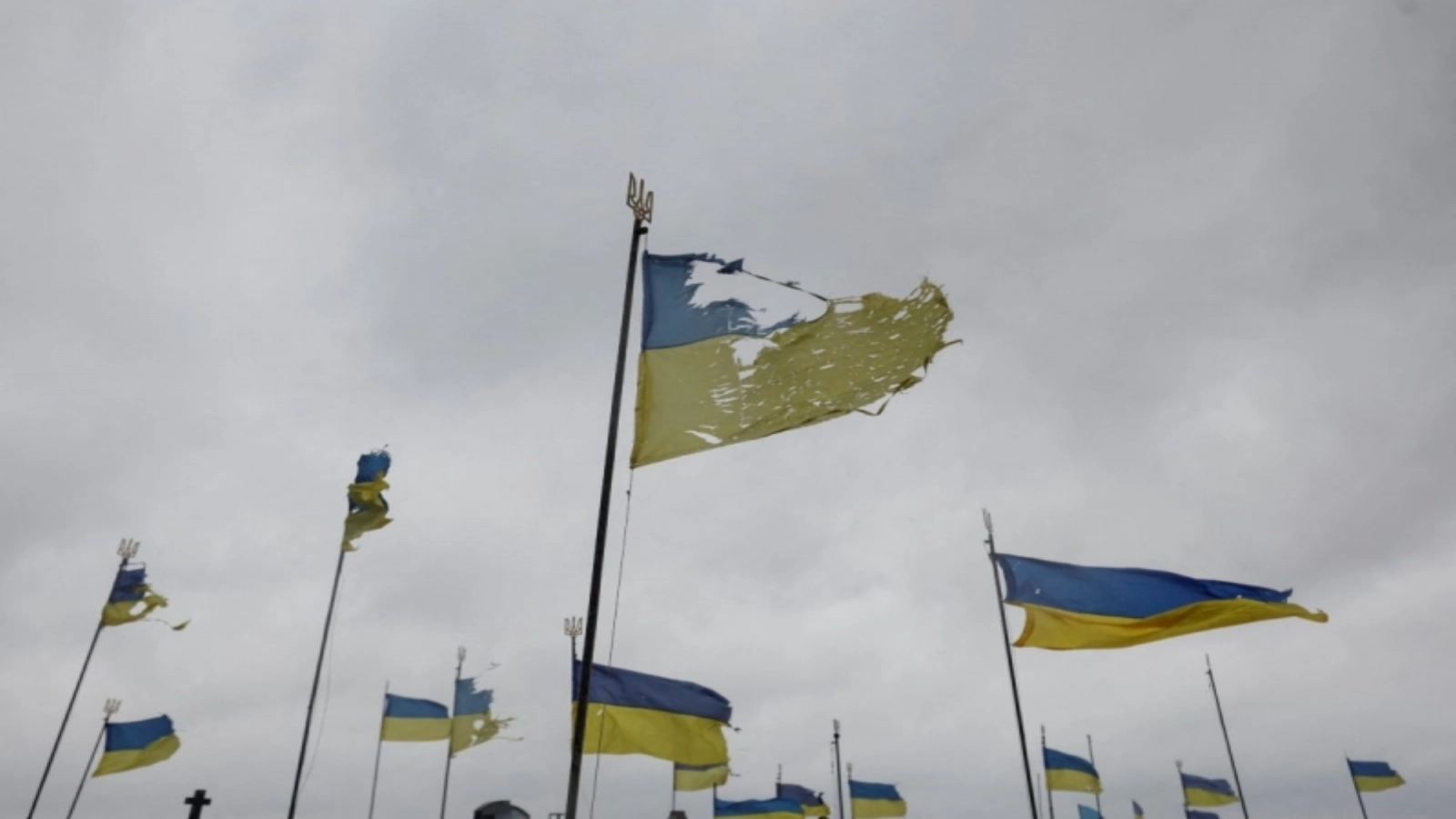
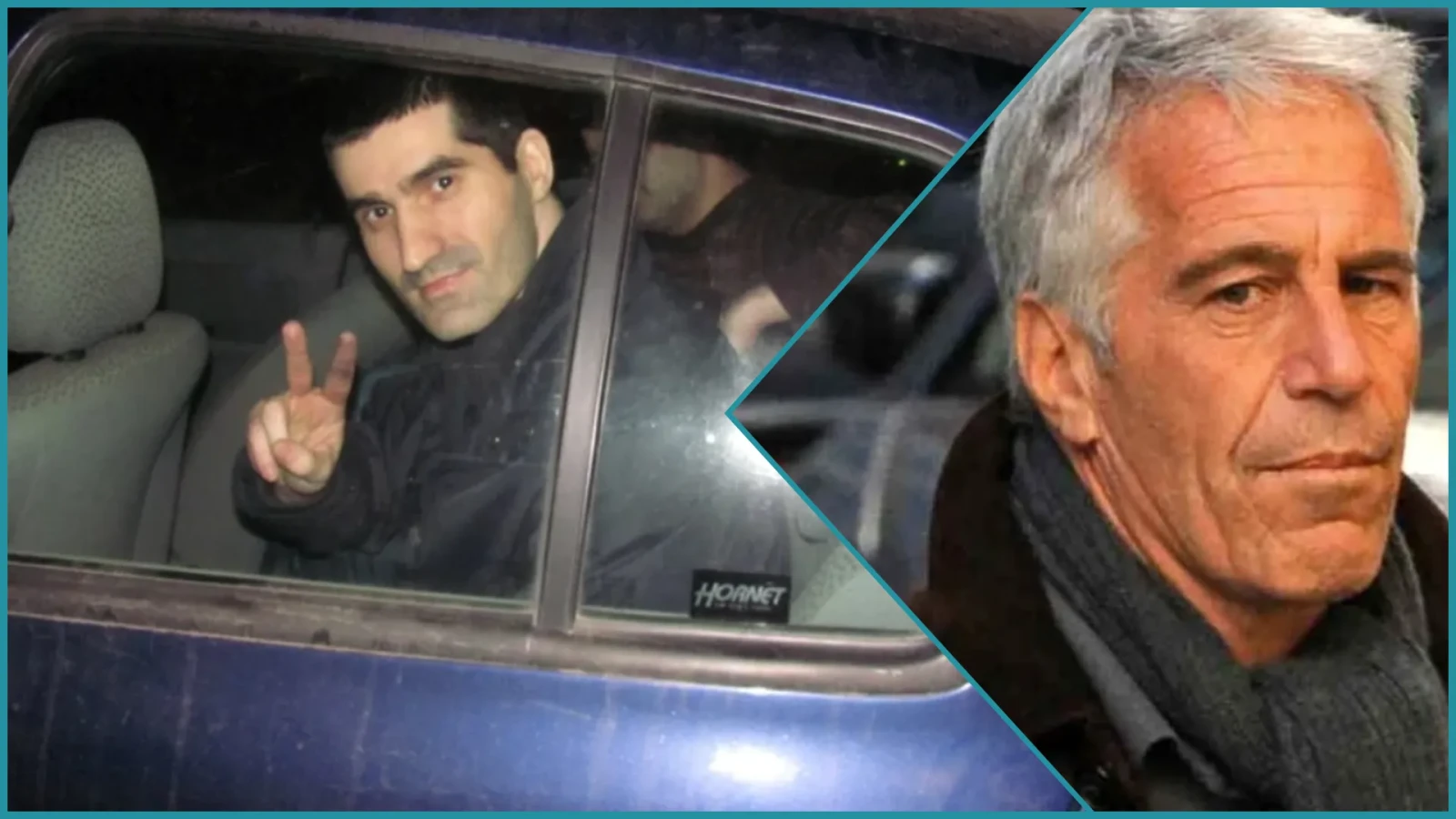



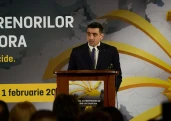
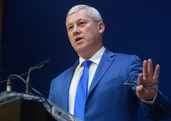


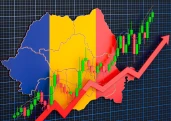


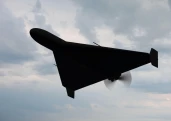








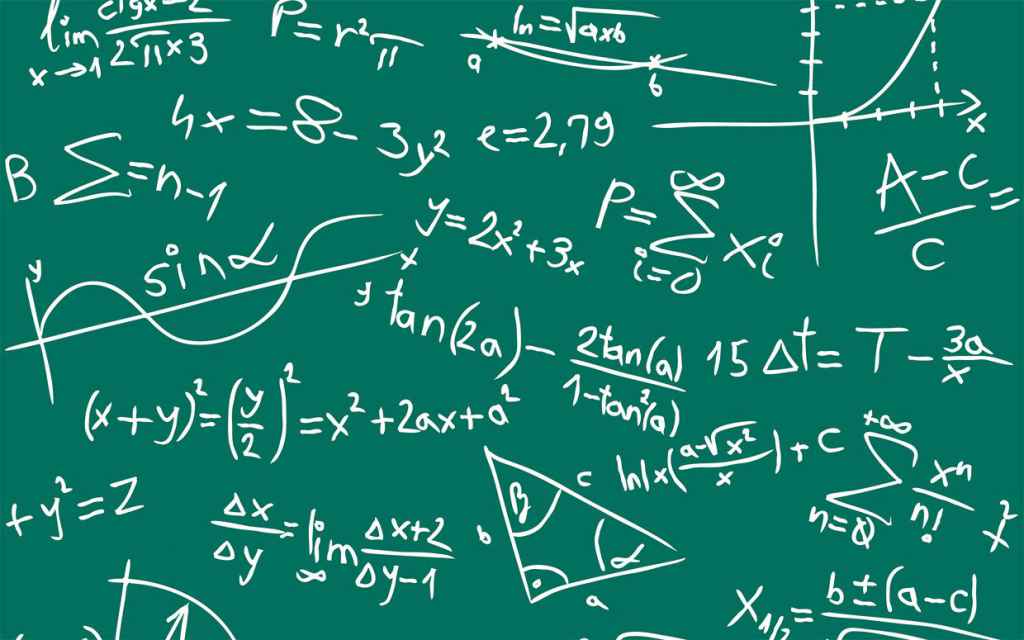









Comentează